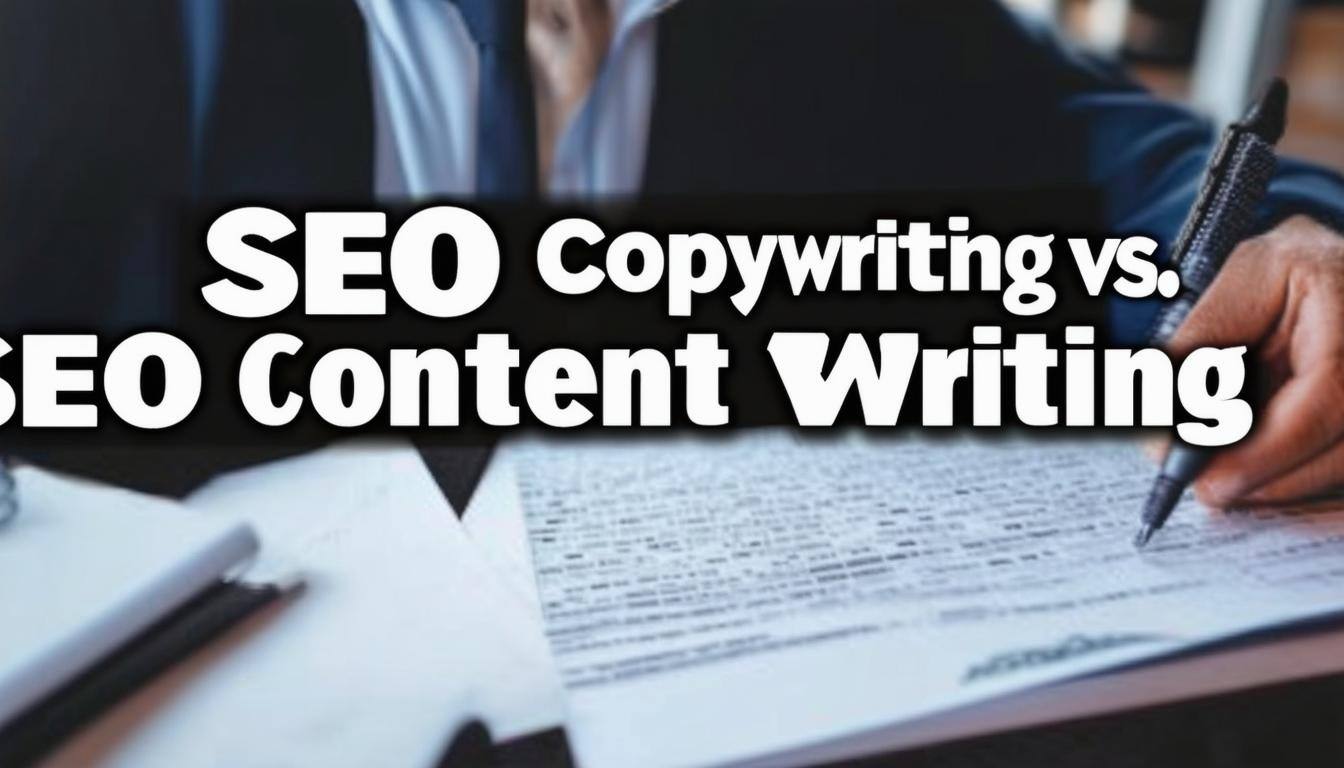Why Information Gain is the Secret Weapon for Thought Leadership When Writing Blog Content
Roughly 7 million blog posts are published every day ... AI has helped to inundate an already over-saturated medium. Content is everywhere, and every brand has something to say. But the real question is: what are they saying that we haven't heard before?
Information gain is an idea that can get you from creating existing content to creating content that positions you as a thought leader.
Information gain isn't about keyword stuffing your blog or jumping on the next trend. It's about adding unique, valuable insights to your blog that readers won't be able to find elsewhere. This is more than about increasing your rankings; it builds trust and positions you as the leading expert on the subject. Your blog content becomes a go-to resource when it consistently provides new perspectives, fresh data, or deeper analysis.
This article covers information gain, why it's important to establish thought leadership, and how to integrate it into your blog writing to make it truly stand out.
What is Information Gain when Blog Writing?
Information gain when blog writing is all about adding unique, relevant insights that offer more value to readers than existing content on similar topics. Blog posts with high information gain are unlike traditional content that might recycle known facts. It could be through original research, exclusive data, or new ways of looking at existing data.
Information gain helps to boost rankings from an SEO perspective by answering user intent and filling knowledge gaps in pre-existing content. This directly ties in with what information gain provides: pages with a unique angle or offer a more complete answer to user queries and pages that search engines prioritize. SEO is not the only benefit; it also helps your reputation. Content that offers something to the reader that they didn't know before will make your brand the authority on that subject.
Why Information Gain is a Must for Thought Leadership
Brands that offer fresh takes on information stand out in the crowd where audiences are immersed in the same type of information, regurgitated over and over. Information gain is not just about ranking on search engines; it's about gaining credibility and thought leadership. If you create content that has deeper insights, unique data, or a fresh perspective, you are separating your brand as a leader, not a follower.
Think of it this way: readers come to you for information, understanding, and expertise. They see you as a trusted source when you can present something unique. For example, blogs featuring original research, case studies, or expert interviews don't just get clicks; they get engagement and loyalty. Because of this, backlinks and shares can naturally occur when others reference and link to your unique insights, resulting in an added SEO benefit that makes you a thought leader.
Critical Insight: Organic backlinks, shares, and referrals to high-information-gain content help you build your authority and reach exponentially. Because of this ripple effect, information gain is a powerful tool for building brand credibility.
How to Generate Information Gain in Your Blog Writing
It doesn't have to be groundbreaking research to create high information gain content, just add unique value consistently. The most effective content creators and SEO copywriting services use a few key strategies to bring something fresh to the table in every piece:
- Conduct Original Research: Running a quick survey or getting customer feedback can yield unique and valuable data. A simple study or even a small poll can offer data points that readers probably won't find elsewhere.
- Provide Unique Perspectives: Instead of rehashing what's already out there, bring in industry-specific insights, personal experiences, or even client stories. Not only does that build engagement, but it also makes a more memorable connection with your readers.
- Analyze Existing Data in New Ways: The data is available, but it's not explained in detail. Find popular trends or widely referenced ancillary statistics to provide a different angle, giving readers something actionable.
When you put these tactics into practice, you're not just putting out another blog post; you're making content that's actually valuable. This type of content positions you as a go-to resource and sets you apart from competitors, increasing audience trust and search visibility.
Successful Examples of Information Gain When Blog Writing
Mastering information gain is what leading brands like HubSpot do to turn their blog content into high-authority, high-engagement pieces. HubSpot doesn't just follow industry trends; it sets them by constantly producing content that adds new insights, data, and actionable advice.
For example, HubSpot's annual State of Marketing Report. Unlike many other websites that summarise what is already known, HubSpot conducts extensive surveys with marketing professionals, collects data from across dozens of industries, and blends in expert commentary to give a new take. Then, they take this content and add visuals, interactive elements, and downloadable resources to make the information accessible and fun for readers.
This isn't just about writing an article; it's a serious commitment to creating value by providing unique data and insights that aren't easy to come by. By going the extra mile to become a thought leader in marketing, HubSpot attracts high-quality traffic and tons of backlinks. Their report isn't just informative; it becomes a go-to resource that is cited and referenced across the industry as a hallmark of effective information gain.
This is what information gain is all about: providing value and being informative and unique. HubSpot incorporates credible, unique research, expert perspectives, and digestible visuals to build authority, engage readers, and drive ongoing traffic. They create the type of content that sets them apart as industry leaders, one authoritative blog post at a time.
Related Content: Anatomy of the Best SEO Copywriting Services
How Information Gain Affects Your Blog's Performance
Publishing high-information-gain content is only the first step—measuring the impact of the content allows you to refine and maximize your strategy. A reliable content strategy agency can guide you in tracking and analyzing specific metrics that indicate how well your content is resonating and converting.
To see the effects of information gain when blog writing, focus on metrics beyond basic page views:
- Engagement Metrics: To get a sense of how fully readers are engaging with your content, look at the time on page, scroll depth, and bounce rate.
- Content-Assisted Conversions: Use tools like HubSpot to track how often your content contributes to conversions, even if it's not directly responsible, to see the path users take.
- Backlinks and Shares: These are more likely to be shared or linked to by other sources and are high-information-gain posts. Track your referral traffic and inbound links to see how much authority and reach you have.
If you regularly check these metrics, you'll be able to see which types of information your audience is most interested in. An approach based on this data-driven approach will enable you to improve and evolve continuously so that your content remains relevant and impactful.
Conclusion: Transforming Content Through Information Gain
With more than 7 million blog posts published daily, standing out is a challenge, but it's not impossible. Brands that focus on information gain in their blog writing don't just add to the noise; they rise above it. You can create content that provides unique insights, perspectives, and data that not only rank well but also build your brand as a thought leader.
Are you ready to take your content to the next level and actually make a difference? Then, get yourself a team that understands how to strategically weave information gain into each post.





